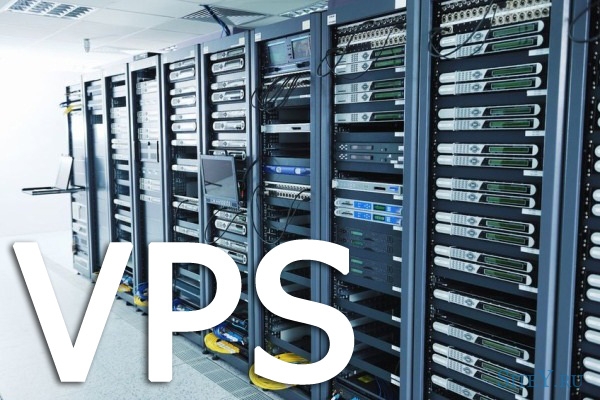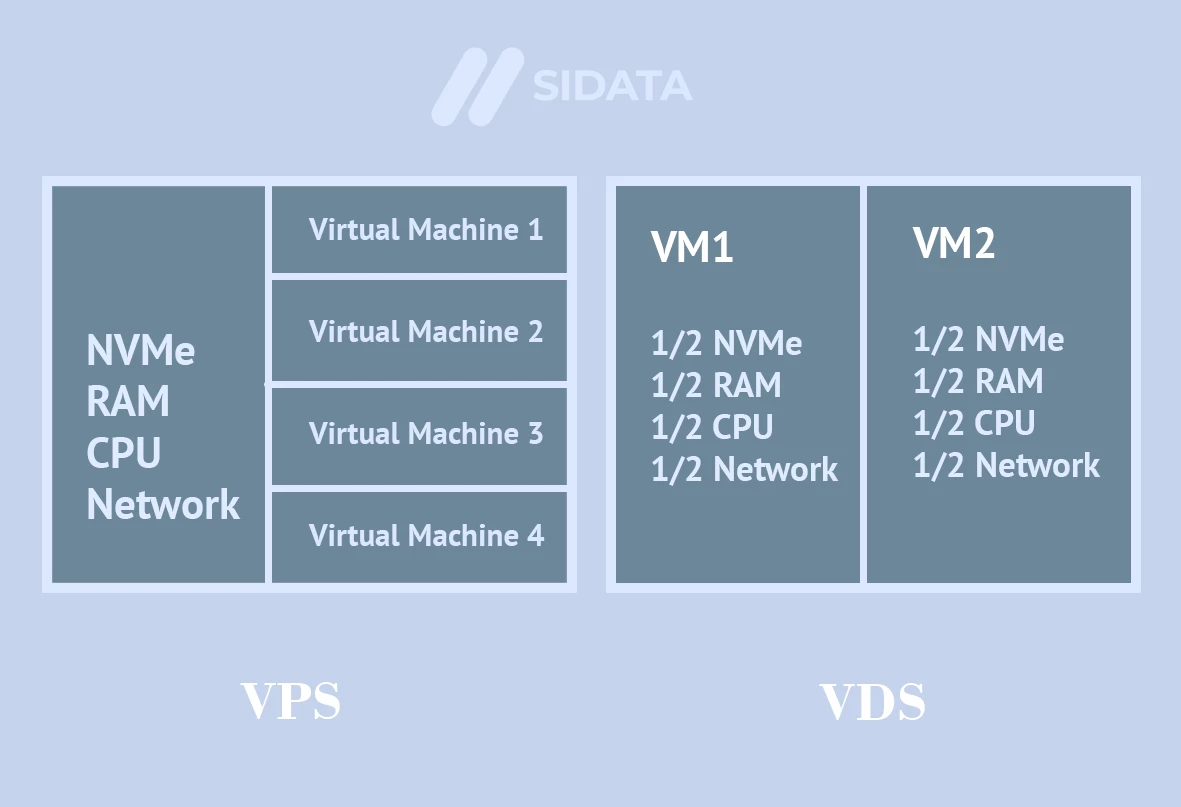 For several decades now rental of virtual servers (VPS) has become indispensable for developers and system administrators due to their flexibility and functionality. Let's look at the main scenarios, in which VPS finds its application:
For several decades now rental of virtual servers (VPS) has become indispensable for developers and system administrators due to their flexibility and functionality. Let's look at the main scenarios, in which VPS finds its application:
- Creation of information web platforms, online stores and commercial web applications. VPS provides a reliable and scalable environment for hosting high-traffic websites and applications.
- Storing personal data without using third-party services, such as Dropbox or Google Drive. This allows for a higher level of data security and confidentiality.
- Development and testing of lightweight applications or MVPs (minimum viable products). VPS provides an isolated environment, where you can safely test new ideas and technologies.
- Deployment of complex software platforms, such as Odoo, 1C Bitrix and others. VPS allows you to quickly and efficiently install and configure complex software solutions.
- Creation of personal game servers or mail servers to anonymize correspondence. This may be useful for both commercial, and for personal purposes.
- Launch and support of video surveillance systems for storing a large number of recordings. VPS provides reliable and secure storage of video surveillance data.
Advantages and disadvantages of VPS
Benefits of VPS
- economy. VPS usually costs less, than physical servers, while providing similar opportunities.
- Independence. VPS is an isolated software platform, available only to you and your team. Even the host provider (eg, such as SITA) does not have access to your virtual server.
- Less equipment liability. You are not responsible for the physical condition of the equipment, which makes server management easier.
- Good technical equipment. VPS offers a wide range of technical capabilities, which can be customized to suit your needs.
Disadvantages of VPS
- Performance. VPS will never be as productive, like a physical server. Virtualization technologies create “bottleneck”, limiting access to equipment resources.
- Limited hardware control options. You may not change or improve the physical hardware, on which your VPS is running.

Two types of virtualization: OpenVZ and KVM
There are two main virtualization technologies, used to create VPS: OpenVZ and KVM. Let's look at their differences.
OpenVZ
- Dynamic resource allocation. The number of available resources varies depending on the load on your project.
- Configuration flexibility. You can change the characteristics of your virtual server without rebooting the operating system, but you need to pay for additional resources.
- Sharing resources. Since other users may be using the same host at the same time, performance may be reduced.
- Linux only. Only Linux-based operating systems can be installed on OpenVZ servers.
Pros and cons of OpenVZ
| pros | Minuses |
|---|---|
| Container based | Should work on Linux |
| Easy setup | Common core |
| Friendly for newcomers | Less privacy |
| Easily scalable | |
| Very affordable |
KVM
- Static resource allocation. The amount of hardware resources is fixed, which makes KVM more like a physical server.
- Changing configuration requires a reboot. To change CPU and RAM parameters, you need to reboot the server.
- Complete independence. No one, including host administrator, does not have access to your data.
- Support for various OS. You can install any operating systems, including Windows and macOS.
Pros and cons of KVM
| pros | Minuses |
|---|---|
| Full virtualization | More overhead |
| Any operating system | There is no possibility to reduce resources |
| Full control | |
| Complete privacy | |
| Affordable price |
Are there free VPS??
Although there are free VPS offers, they often come with numerous limitations and disadvantages:
- Advertising obligation. You may be required to advertise on your site.
- Limited Resources. Free VPS have strict restrictions on resource usage.
- Lack of privacy. Your data may be available to third parties.
- Insecurity. You will not be protected from hackers and viruses.
- Limited functionality. Free VPS does not provide the full range of necessary features.
Finally, Choosing a VPS rental requires careful analysis and understanding of your needs. Define, what resources are needed for your project, choose a reliable provider and make sure, that the VPS provides all the necessary functions and amenities. Following these tips, you can find the optimal VPS, which will ensure stable and safe operation of your project.












